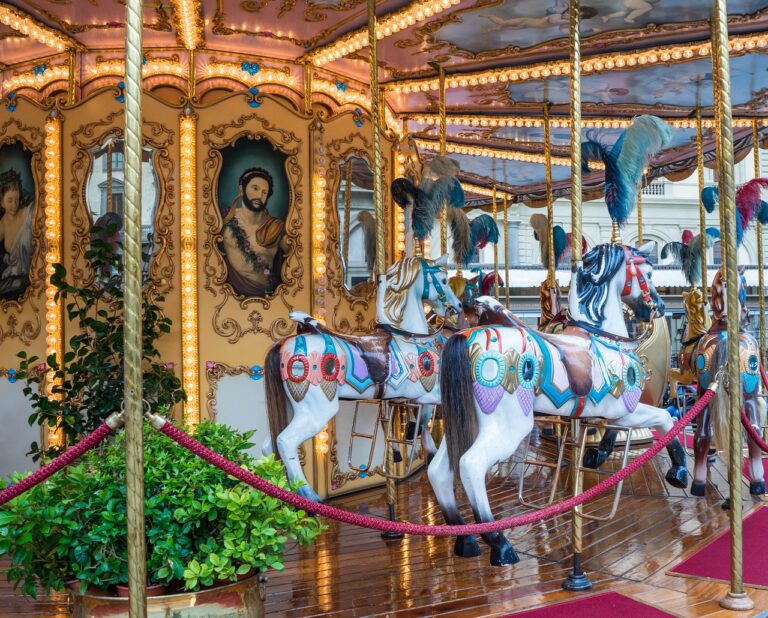The Impact of Globalization on Entertainment Industry Trends
As the digital landscape continues to evolve, the entertainment industry is experiencing a seismic shift in its trends. One of the primary drivers behind this change is the proliferation of streaming services, which have disrupted traditional media consumption patterns. Platforms like Netflix, Hulu, and Amazon Prime have revolutionized how audiences engage with content, leading to a surge in demand for personalized, on-demand entertainment options. This shift has forced industry players to reevaluate their business models and content strategies to stay relevant in a rapidly changing landscape.
Moreover, advancements in technology have played a crucial role in reshaping entertainment industry trends. From virtual reality to artificial intelligence, new technologies are offering innovative ways to create and deliver content to audiences. For example, VR experiences are providing viewers with immersive storytelling experiences, while AI algorithms are revolutionizing content curation and recommendation systems. These technological advancements are not only enhancing the quality of entertainment but also creating new opportunities for content creators and distributors to connect with their audiences on a deeper level.
Shifts in Consumer Behavior and Preferences
The rise of streaming services has revolutionized how consumers access entertainment content. With the convenience of on-demand viewing and a wide array of choices available at their fingertips, consumers are increasingly ditching traditional cable subscriptions in favor of streaming platforms. This shift in behavior is not only driven by the desire for flexibility and control over their viewing experience but also by the cost-effectiveness of streaming services compared to cable packages.
Moreover, the proliferation of social media and influencer culture has had a profound impact on consumer preferences in the entertainment industry. Many consumers now turn to social media platforms like Instagram, YouTube, and TikTok to discover new content and trends. Influencers with large followings have the power to influence consumer choices, from the movies they watch to the products they buy. As a result, traditional marketing strategies have had to adapt to this new landscape by collaborating with influencers and engaging with audiences on social media platforms to remain relevant and appealing to consumers.





